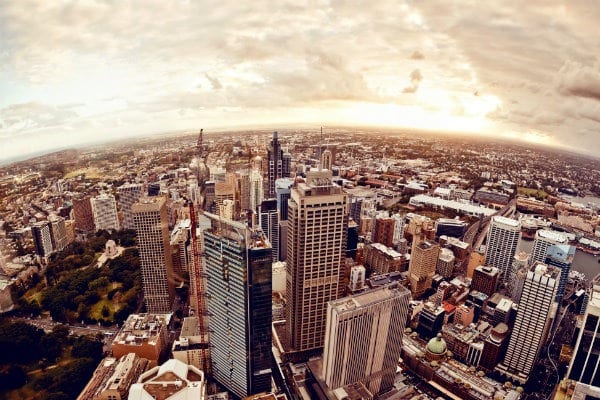These organisations are to be congratulated for accepting the need to waive some of the confidentiality obligations in non-disclosure agreements or other agreements reached in the course of settling claims of sexual harassment in the workplace.
These organisations are to be congratulated for removing just some of the barriers that have prevented people from sharing their stories with the Australian Human Rights Commission’s National Inquiry into Sexual Harassment in the Workplace.
But the question needs to be asked: why of the two million plus businesses and multiple public sector organisations in Australia do we have just 13 stepping up to the mark?
Thirteen out of an entire country’s corporate and public sector networks in the wake of the reality of a national conversation about sexual harassment in the workplace? To put it bluntly, this is piss poor Corporate Australia. We deserve better.
The National Inquiry, a world-first, is a tremendous opportunity for Australia as a nation to have an honest conversation about the plague of sexual harassment that exists in our community and across our workplaces.
As a nation we now have the opportunity to take a good hard look at the multitudes of ugly behaviours that have been excused as banter, or deflected as a misunderstanding or over-reaction. If we’re not honest about the extent and the impact of sexual harassment, we can’t and won’t improve it.
The fact that even now, in the wake of #MeToo tsunami, the victims of sexual harassment in the workplace are still ridiculed, blamed for waiting too long to speak up, and made fun of for “clearly misunderstanding what was just a bit of fun” showcases the desperate need for us all to come together to shoulder the shared responsibility of change. Change is needed and as a community we have a responsibility to make sure that change happens.
Scroll through the comments made in the wake of Yael Stone’s disclosures – and those of Catherine Marriott and the many other brave women and men who have shared their stories – and the victim blaming and shaming still burns brightly.
Ms Stone’s confession that she couldn’t speak up at the time because it wasn’t an option and because she wanted to protect her career is all too common. The fact that she didn’t want to offend someone senior she admired and respected deeply is played out over and over.
We know this from the stories that are shared. We know this from the research, including the most recent Australian Human Rights Commission’s research that shows only 17% of those who are subjected to sexual harassment made a formal complaint. The AHRC research shows that one in every three Australians have experienced sexual harassment and that half of those that have been victims consider sexual harassment to be common in their workplace.
That research also shows that almost seven in every 10 Australians who see or know about harassment do nothing to stop it or report it. Why?
Because all often, sexual harassment is laughed off. It’s laughed off by those who witness it and it’s laughed off by those who are the victims because they have more to lose by speaking up and out.
Heaven forbid if you’re from a culturally diverse community, have a disability, are LGBTQI or Aboriginal and Torres Strait Islander where the sexual harassment rates are significantly higher.
This is where the work of Australian Sex Discrimination Commission Kate Jenkins in convincing what is hopefully a growing number of employers to issue a limited waiver of confidentiality obligations to allow people to share their stories on a pseudonymised basis is important. This is where the National Inquiry, which has now been extended to 28 February, establishes an important precedent in bringing to the surface the human faces of the harrowing research results by allowing Australians to share their experiences.
It takes bravery to speak out as a victim and as a witness, especially given the very real risks that still remain. These risks are not just reputational. They can mean walking away from a job you love or seeing your career path severely curtailed. They result in trolling and abuse. They can result in court action.
The corporate flames of courage have been lit and we are grateful but the flames need fanning. We have 13 organisations that have stepped forward. We need many more businesses and organisations to follow suit. We need more Australians to share your stories with this game-changing Inquiry. We need more leaders to step up.
The business case alone to address sexual harassment is compelling. A 2007 piece of Canadian research showed that even then for every employee who was sexually harassed, the company lost an average of CAD$22,500 in lost productivity alone. It doesn’t take much to work out that the cost here and now is significantly more than that.
When leaders take a stand, cultures change. Doing nothing is not acting neutrally; it is protecting and continuing to enshrine a culture that puts at least one in three Australians in harm’s way in the workplace. So Australia’s business leaders, let’s make it happen. Step Up. Step forth. You owe it to us. We owe it to us.
We need to solve this together, as a community. We can’t afford not to for ourselves or for future generations.


